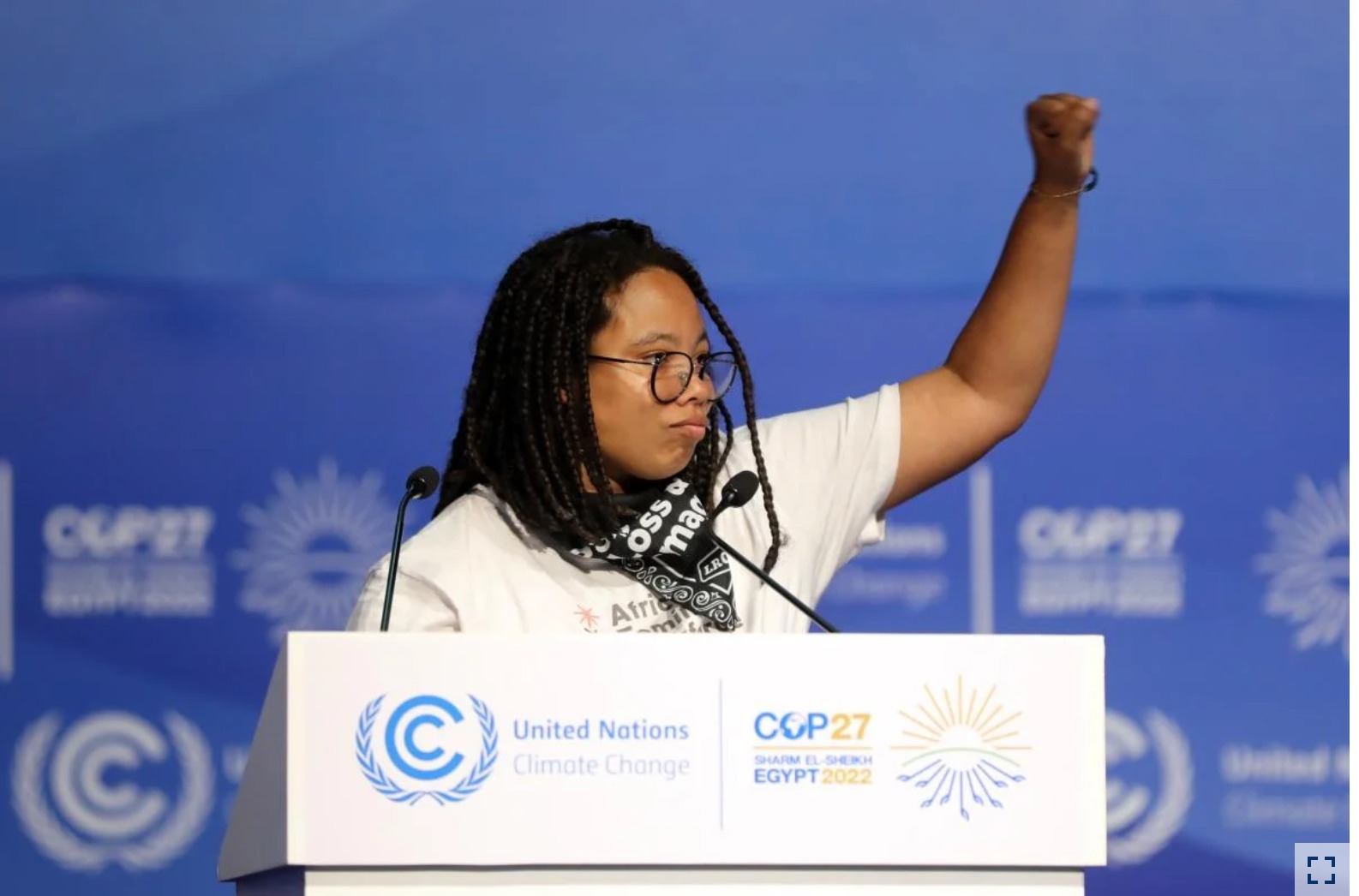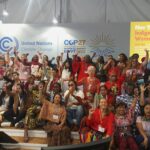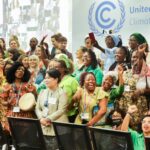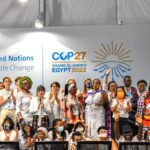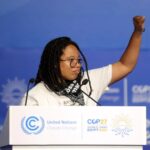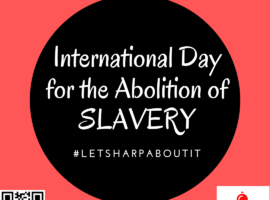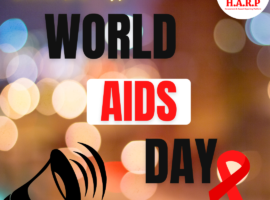When we think of climate change and the importance of mitigation and adaptation to reduce adverse impacts, especially to the most vulnerable regions and populations, gender and intersectionality are newer considerations within the climate justice discussion. Furthermore, we cannot address climate justice without including social justice; and these efforts cannot exclude the need for restorative justice practices if we are to progress in an equitable manner.
The Intergovernmental Panel on Climate Change (IPCC), and Conference of the Parties (COP27) of the United Nations Framework Convention on Climate Change (UNFCCC) recently held their annual conferences to gather technical researchers, students, activists, various industry professionals, and dignitaries to address the very imminent concerns around global climate resiliency. Topics included: financing structures, loss and damage, mitigation vs. adaptation, gender and intersectionality, the nuanced experiences of folks living in developing regions and indigenous communities, as well as opportunities for innovative solutions for both micro and macro impacts.
The Women and Gender Constituency (WGC) raised a key element that is often neglected in the overarching COP27 discussions; the unaccounted, often underreported, and undocumented costs associated with loss & damage in connection to gender-related impacts of climate change.
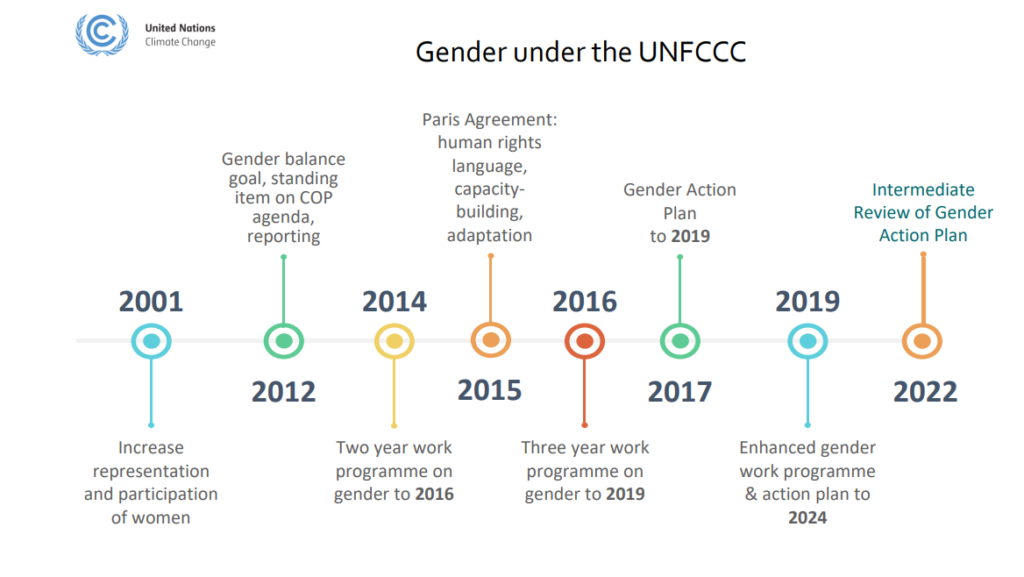
When we take a gendered or intersectional approach to finding effective solutions to these complex issues, we see that indigenous women, girls, and non-binary folks; particularly those in developing regions, are most harshly impacted by climate change. We also cannot forget those who are differently abled in this conversation. Women and girls often face the additional burden of increased risk for sexual harassment and assault, limited access to sanitary products, as well as the emotional labor associated with surviving gender-based violence.
Therefore, the data collection and analysis must include gender-differentiated impacts. The resulting recommendations must also highlight the role of women as change agents, as well as opportunities for greater impact.
Now the question remains, how can we/YOU continue the work for positive change and effective impact? Join the conversation on the H.A.R.P platform and #LetsHARPaboutIt. We must share our stories and be accounted for in the global data collection -contextual data must tell the fuller story of people’s lived experiences. Consider sharing the H.A.R.P website and surveys and invite others to share their experiences; I would love for more folks of complex intersectionality to share their input in this crowd-sourcing effort to better reflect why our voices should be equitably represented and validated in these key decision-making spaces. #LetsHARPaboutIt

